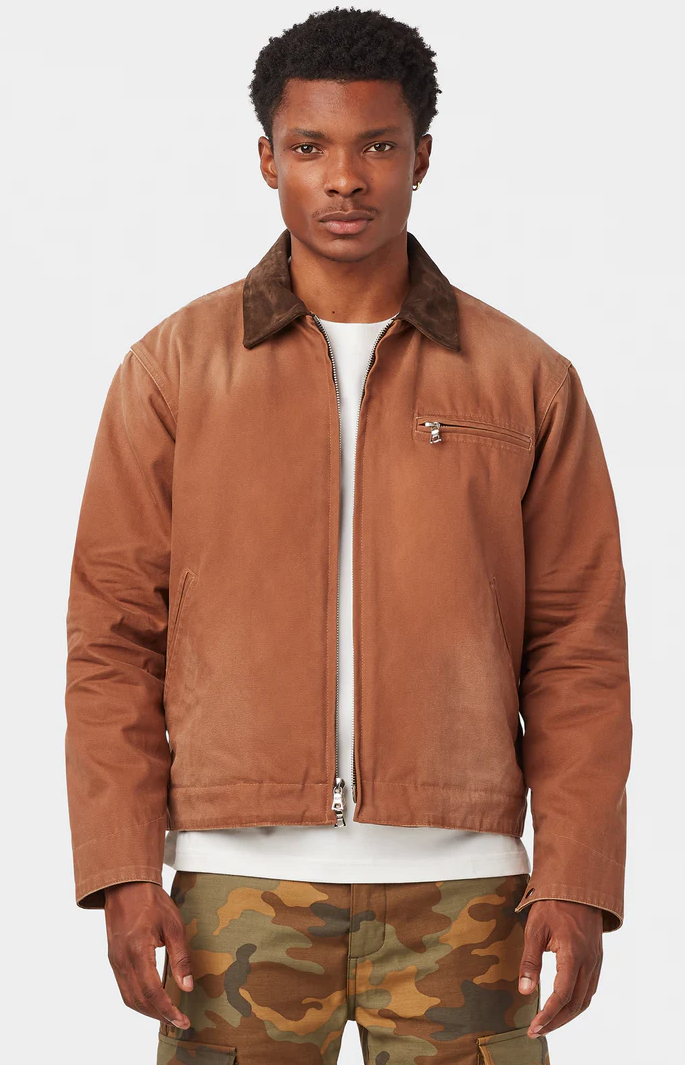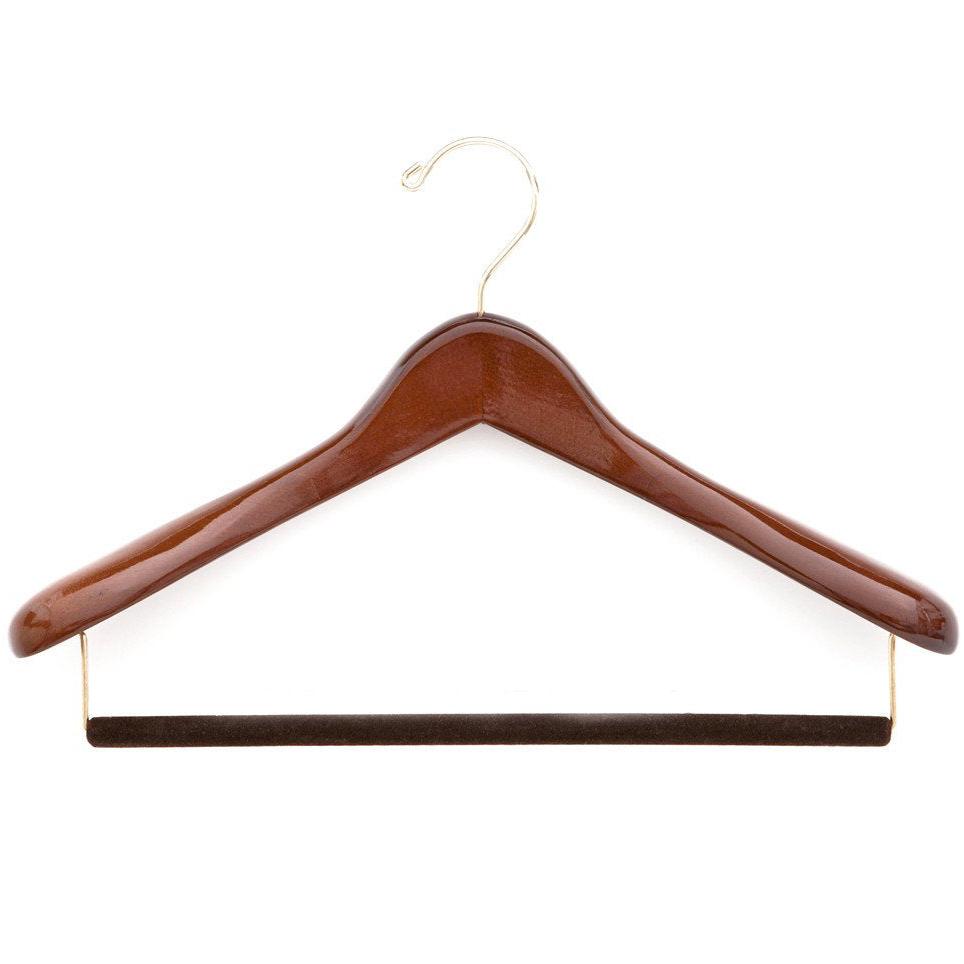Leiker
Senior Member
- Joined
- Oct 30, 2020
- Messages
- 531
- Reaction score
- 915
He's a key figure in Existentialism, and led an interesting life. Worth looking into.Interesting, I wasn't familiar with Sartre, it sounds like he delves into existentialism, which I'm not as familiar with. This may be a jumping off point for me to research in the future, thanks man.






